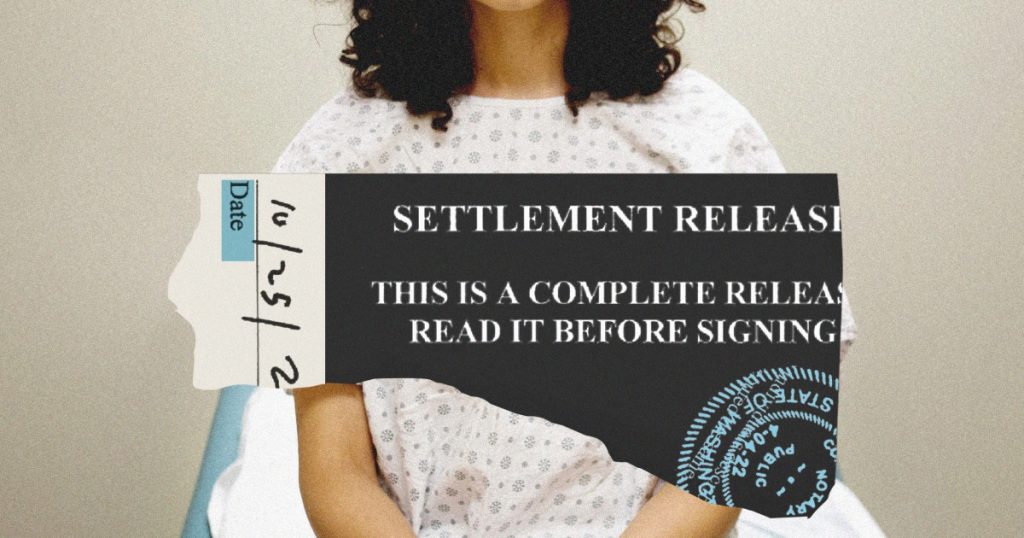Hana Hooper was diagnosed with end-stage dilated cardiomyopathy just after starting college, which required her to seek a heart transplant. Her parents arranged for her to have a “bridge to transplant” surgery at the University of Washington Medical Center, but complications arose. Hana ultimately suffered a stroke, slipped into a semi-coma, and lost her sight. Her parents later alleged that the surgeon, Dr. Nahush Mokadam, had used an unconventional technique without informing them and subsequently removed her from the transplant list due to complications.
After more than two years, the case was settled with a $12 million payment, but neither Mokadam nor the university admitted wrongdoing. The agreement included a confidentiality clause, preventing the Hoopers from publicizing the identities or actions of the defendants. Nondisclosure agreements, or NDAs, have been criticized for shielding bad actors and suppressing misconduct. In this case, the use of NDAs at a taxpayer-funded institution has raised questions about transparency and accountability.
Confidentiality clauses were included in 70 of 89 settlement agreements obtained through public records requests for cases involving the University of Washington Medical Center. These NDAs required victims and their families to remain silent about their claims and settlement amounts. Some cases involved serious harm, such as brain damage in a newborn, misdiagnosis leading to death, and permanent cognitive disabilities in a young girl. Despite the payments made through these settlements, the public has been kept unaware of these allegations.
A spokesperson for UW Medicine defended the use of confidentiality clauses, stating that they are a standard industry practice and necessary for achieving finality in claims. However, families who settled with the institution may not have been aware that the university cannot legally keep these agreements secret if requested by an outside party. Some claimants expressed surprise and distrust upon learning that the university had kept these details hidden, despite being subject to public records laws.
The routine use of confidentiality agreements at public hospitals, particularly in cases involving serious medical mistakes and misconduct, has raised concerns about accountability and transparency. Critics argue that these NDAs shield bad actors and suppress information that should be made public. The secrecy surrounding settlements with taxpayer-funded institutions like the University of Washington Medical Center raises questions about the duty to inform the public of potential wrongdoing and ensure accountability in healthcare settings.


